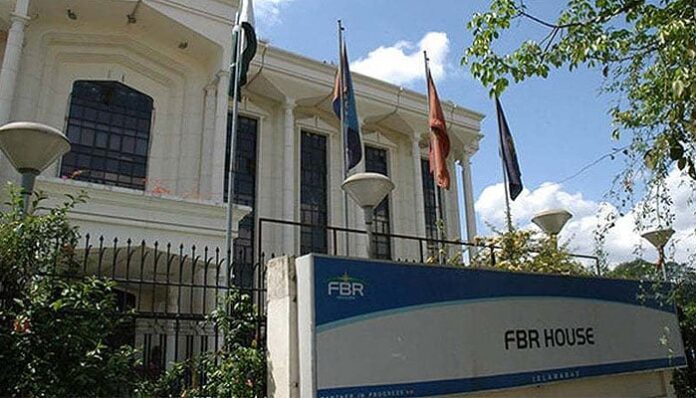ISLAMABAD: The Federal Board of Revenue (FBR) has requested an exemption from the federal cabinet’s directive to abolish 60% of vacant posts, proposing to retain 1,730 positions as a one time dispensation.
The proposal was presented on Friday during a meeting of the Cabinet Committee on Rightsizing, chaired by Finance Minister Muhammad Aurangzeb.
The Revenue Division cited the need for critical staffing under its transformation plan, which aims to modernise operations, including automation and technological integration. The matter has been referred to a sub-committee led by Salman Ahmad, ambassador-at-large, for further review and decision-making.
The federal cabinet’s directive from August 2024 requires departments to abolish 60% of vacant positions. Of the FBR’s 23,822 sanctioned posts, 2,883 are vacant, requiring 1,730 posts to be abolished. The FBR argued that these positions are essential for addressing capacity challenges, particularly in areas such as audit, legal, and sectoral expertise.
The transformation plan, approved by the prime minister in September 2024, outlines measures such as Faceless Customs Assessment and Examination to improve efficiency. As part of ongoing rightsizing, the FBR has already abolished 158 posts and marked 27 others as “dying posts.”
The FBR’s challenges include a shortage of auditors, with only 355 filled positions on the IRS side, against a requirement of over 1,900. The cabinet has approved funds to hire 1,619 auditors to address this gap.
Additionally, the FBR plans to engage 100 sectoral experts for large tax offices and 25 technical experts for post-clearance audit functions through a third-party payroll firm.
The financial implications for hiring these experts are estimated at Rs348 million for the current fiscal year and Rs1.3 billion for the next. For technical experts, costs are projected at Rs33 million for the remaining fiscal year and Rs73 million for the next.
The Rightsizing Committee directed a detailed follow-up review to assess the FBR’s proposals and ensure alignment with government objectives for efficiency and sustainable policy implementation.




